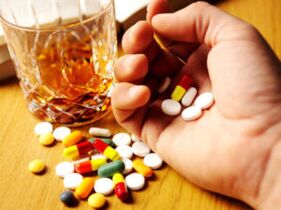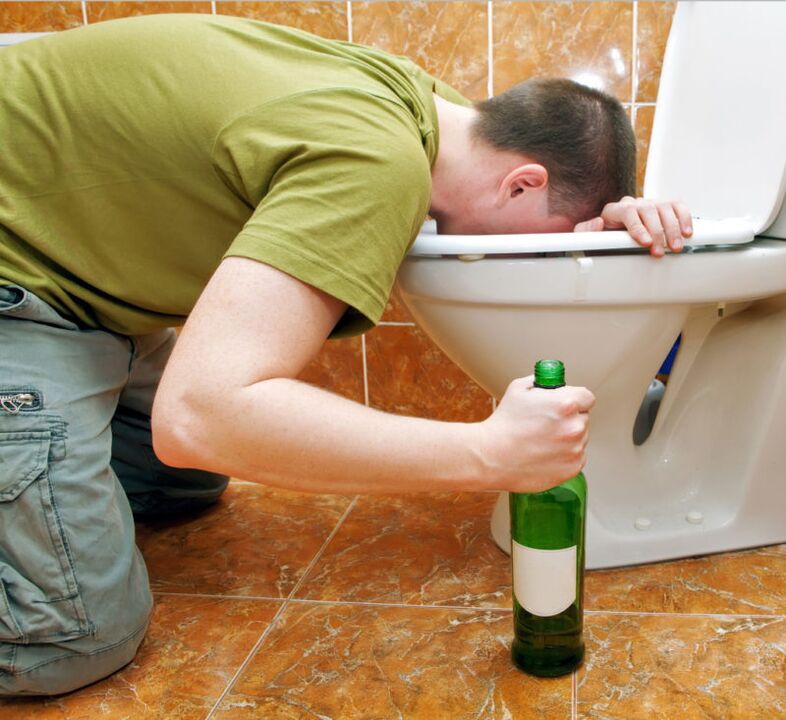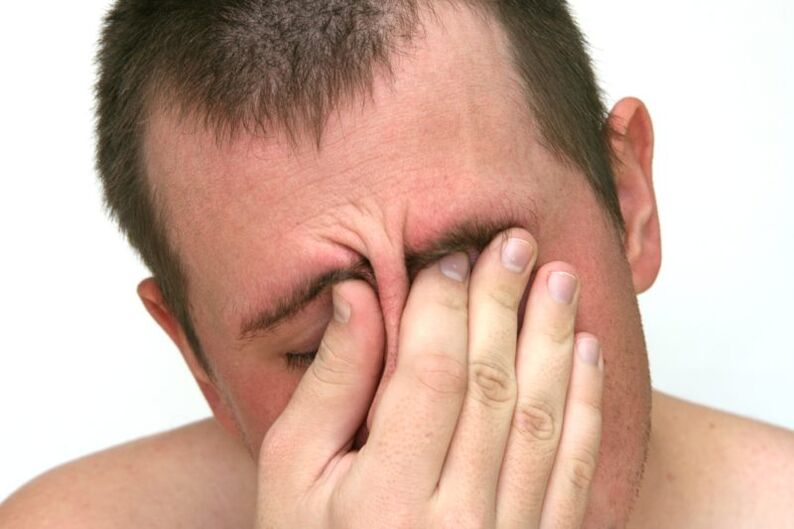
It is not uncommon to take medication at the same time as holidays. So the question is, is it possible to take antibiotics and alcohol, and the compatibility of the two is questionable?
There are many myths that the combination of alcoholic beverages and drugs will not harm the body.
Many people know that you should not drink alcohol while taking antibiotics. The main question arises: why?
This is what this article will discuss. You will also learn about the consequences of drinking alcohol after taking antibiotics.
Next, consider why you should not drink alcohol containing antibiotics.
Possible consequences
Any sane person knows that health is the most important thing, so he does not want to take risks and bear serious consequences. This more popular topic needs to be analyzed in detail, and the doctor’s opinion must be considered to determine whether it is possible to drink while taking antibiotics. Experts say that taking drugs means completely rejecting alcohol-containing products (this also applies to various low-alcohol cocktails and beer).
Long-term studies have shown that in some cases, drinking alcohol will not interfere with antibiotic treatment at all, but it may have the following consequences:
- Headaches in the temple area, as well as migraines;
- Poisoning
- Negative effects on the kidneys and liver;
- Insanity;
- Dyspepsia syndrome.
Alcoholism
Drugs with antibacterial properties act on the pathogen of the disease and destroy it. Similarly, antibiotics have an effect on the entire body, but the concentration and dosage are not enough to harm a person. During treatment, the organs of the urinary system and liver are overloaded due to the toxic effects of anti-antibiotics.

If you add alcohol intake, the liver will bear a huge additional burden, leading to hangovers and alcoholism.
In the worst case, the active ingredient of the drug reacts chemically with fusel oil and ethanol. In these situations, the consequences can be dangerous and unpredictable, and sometimes even fatal.
It should be remembered that some of the drugs taken are aimed at getting rid of alcohol addiction. They include components that react negatively to the presence of alcohol in the blood. If you drink any alcoholic beverage and take this drug, the destruction process inside the body cannot be stopped. Because the active substance of the drug will start to inhibit the enzymes responsible for processing and removing ethanol from the body. The acetaldehyde purification process stops-this is the main reason for the sudden deterioration of happiness. Acetaldehyde is very toxic. Since the body does not have enough resources to remove it, the poisoning will continue to develop and eventually lead to terrible consequences.
If you ignore the doctor’s warning and the contraindications in the pill instructions, serious poisoning is very likely to occur, accompanied by the following problems:
- Tachycardia or arrhythmia;
- Chaos and lack of coordination;
- Central nervous system diseases;
- Weakness and chills;
- Vomit;
- indifferent;
- Drowsiness, drowsiness;
- Stomach and bowel dysfunction;
- Vascular problems
- Acute heart failure.

When can I drink alcohol after taking antibiotics? It should be remembered that the human body has individual reactions and characteristics, so the cause of these consequences may be taking multiple drugs with alcohol at the same time. The first symptoms of poisoning may appear 10-15 minutes after drinking alcohol. It takes at least 10 days to restore health and eliminate the consequences. Therefore, it is concluded-after the antibiotic treatment is completed, you can enjoy wine, cognac or beer after the antibiotic treatment, and more than 3 days have passed since the last dose of the medicine. And it is allowed to drink alcohol 2 days before starting the medication.
Antibiotics and beer
The same is true for antibiotics and beer. Many people like its bitter bread taste so much that they no longer regard beer as an alcoholic beverage. However, research results show that taking antibiotics and alcohol at the same time is incompatible and will have unpredictable consequences. The effect of the active substance of the drug is weakened, so the rate of excretion from the body is slower. The explanation for this phenomenon is that ethanol destroys the liver, which is responsible for processing drugs that enter the body. Some antibiotics are strictly forbidden to be taken with beer.
Can I drink non-alcoholic beer in a few days?
It is a misconception that non-alcoholic beer is harmless during treatment, because beer sold as non-alcoholic beer contains a small amount of alcohol. Therefore, the possible consequences of using antibiotics in combination with this beverage are the same as in the case of standard-strength traditional beer. The only thing to note is that after antibiotics, non-alcoholic beer is not allowed after 3 days, but after 2 days. Bear the burden.
Therefore, taking antibiotics and alcohol at the same time is far from the best solution. Think sensibly and ask yourself why and what kind of treatment to start? The answer is obvious, and priorities must be set: you receive treatment to improve your health, not to make it worse because of alcohol.
























